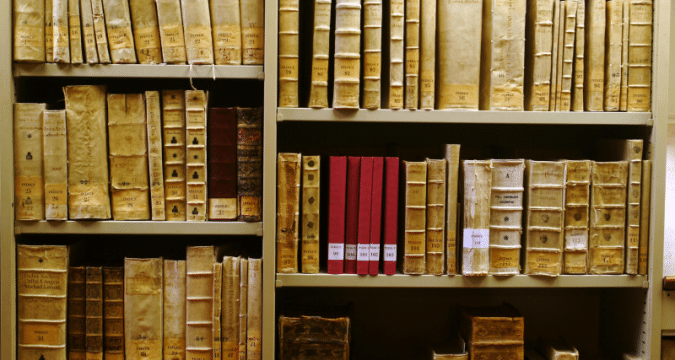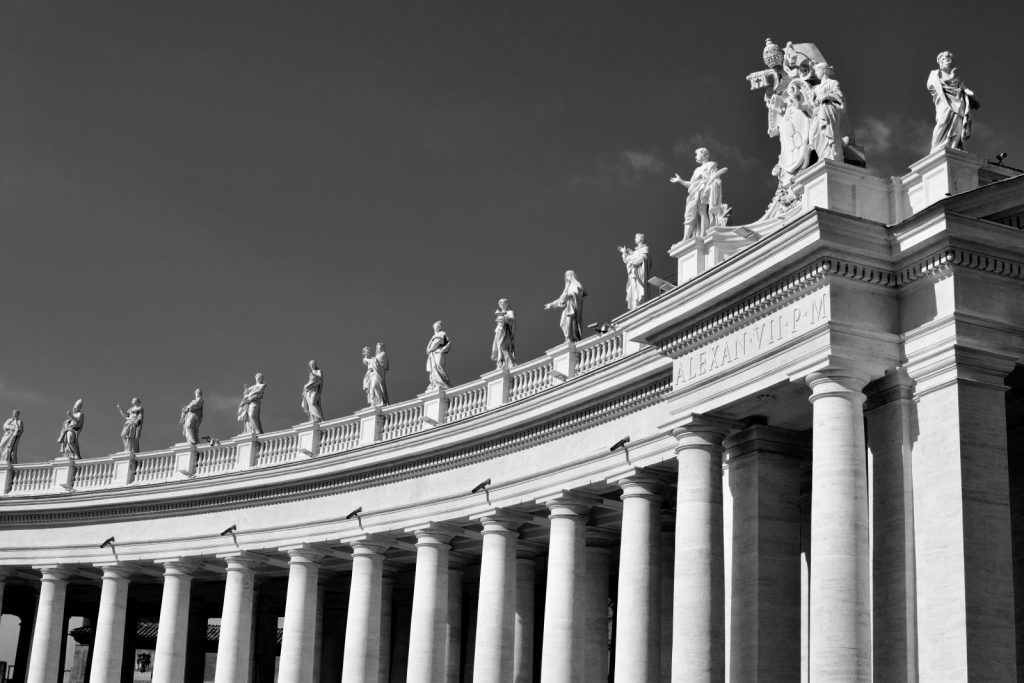
VATICAN (CNS): After decades of anticipation, the Vatican archives are ready to welcome scores of scholars wishing to study documents related to the wartime pontificate of Pope Pius XII, starting March 2.
Coming from at least a dozen countries, the first wave of 85 researchers includes seven experts from Israel; 14 from Germany; 16 from Italy, 20 from Eastern Europe; 10 experts from the United States (US), including two from the Holocaust Memorial Museum in Washington, DC; Russia; France; Spain and Latin America.
The Holocaust Memorial Museum has been working with the Vatican archives for more than a decade, explained Bishop Sergio Pagano, prefect of the Vatican Apostolic Archives, ever since Emeritus Pope Benedict XVI authorised the early opening of materials pertaining to the pre-World War II pontificate of Pope Pius XI.
“But we expect an increase in requests after March 2,” he said.
The bishop said that access would be staggered out over the year to allow the many academics currently pursuing other topics to continue their work. The archive’s records and artifacts date back more than 1,000 years and fill more than 80.4 kilometers of shelving. Just the index alone takes up two volumes.
Bishop Pagano said it took more than 12 years to sort through, organise and catalogue the enormous quantity of information from Pope Pius XII’s long pontificate. Documents from the time period also were collected from the archives of the Vatican Secretariat of State, the Congregation for the Doctrine of the Faith and Vatican nunciatures around the world. The open collection also includes thousands of notes regarding Pope Pius’ charitable activity in Italy and abroad.
The bishop hoped there would be in-depth research into the critical and huge amount of aid the pope gave to those desperately in need during and after the war. Such massive assistance, he said, was due in large part to a constant flow of generous donations from the United States.
“There was not only a Marshall Plan,” the US programme for the economic recovery of Europe after World War II, “but you could say there was also a US-Vatican plan by American Catholics to help the pope in his enormous works of charity,” Bishop Pagano said.
He noted that the nationality or religion of those requesting aid did not matter to the pope, only verifying that need was legitimate.
The bishop said the archives have letters from people who admitted they were atheists but were turning to the pope for help because they saw him as the only moral leader left in such a dark time in history.

Referring to accusations by some historians and Jewish groups that Pope Pius XII and others did not do enough to stop the Nazi rise to power and the Holocaust, Bishop Pagano said the pope “did speak with his efforts and then he spoke up with words, so it is not true that the pope was totally silent.”
The new researchers’ stated fields of interest, he said, obviously were focused on World War II, the Holocaust, the persecution of the Jewish people, the murder of Italian citizens in Rome by Nazi German troops and the relationship between the Holy See and the Nazi’s national socialist party and with communism.
But some are also looking into Pope Pius’ valuable theological legacy and writings. He wrote more than 40 encyclicals, and “he is one of the popes most cited during the Second Vatican Council,” the bishop said.
Some experts also will be looking for information about local dioceses and how the pope may have helped those sheltering refugees and Jews in religious institutes, for example, he said.
However, based on what he has seen, Bishop Pagano said he does not think there will be anything “enormously new” or anything that will turn history “upside down.”
He pointed out that ror years, historians have pored over information already available from national, local and private archives.
The material now available in the Vatican archives should provide greater details and, together with what has been emerging in national archives “many prejudices (against the pope) will fade away, without a doubt,” Bishop Pagano said.
However, “it will take many years to form a new opinion about Pius XII. One, two years is not enough,” said the 71-year-old bishop, who has worked at the archives for more than 40 years.
If the study of the records is objective and critical “maybe in 10 years a new impression will take shape of this pontificate, which was very remarkable and came at a very critical point in world history,” Bishop Pagano said.










